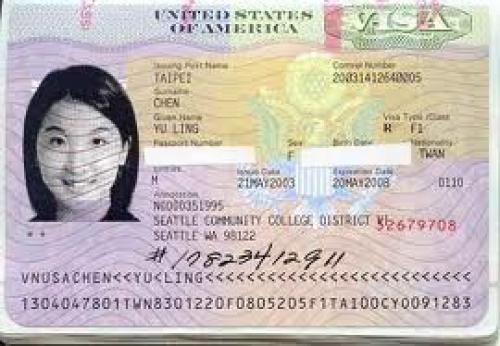Visa WaiverProposed law to expand Visa Waiver Program
Late last month lawmakers introduced a bill that would amend the U.S. Visa Waiver Program making it easier for citizens of certain countries to enter the United States for short-periods of time without a visa

Proposed waived Visa card // Source: vietinfo.eu
Late last month lawmakers introduced a bill that would amend the U.S. Visa Waiver Program making it easier for citizens of certain countries to enter the United States for short-periods of time without a visa.
Under the proposed law, which has been introduced in both the House and the Senate, individuals from qualifying countries can stay in the United States for up to ninety days without a visa in an effort to promote commerce, tourism, and security.
The Visa Waiver Program was initially introduced in 2008, but has largely been on hold due to security restrictions. Congress prevented other nations from joining the program until DHS had implemented a system to biometrically track the exits of all foreign visitors from U.S. airports.
In order to qualify for the Visa Waiver Program under the proposed regulations, countries must issue all residents biometric passports, not pose a threat to the United States, and have a non-immigrant refusal rate of less than 10 percent and a visa overstay rate of less than 3 percent.
Currently twenty-three European Union member states are enrolled in the program, while Bulgaria, Poland, Romania, and Cyprus are poised to join if the bill passes.
The expansion of the program is expected to further boost the economy. In 2010, according ot the U;.S. Travel Association, more than 17 million visitors entered the United States under the Visa Waiver Program, accounting for 65 percent of all visitors from overseas and injecting nearly $61 billion into the U.S. economy.
In addition, advocates of the legislation say it would boost security as countries enrolled in the Visa Waiver Program must adhere to stricter standards of law enforcement, document security, and counterterrorism than countries not in the program.
